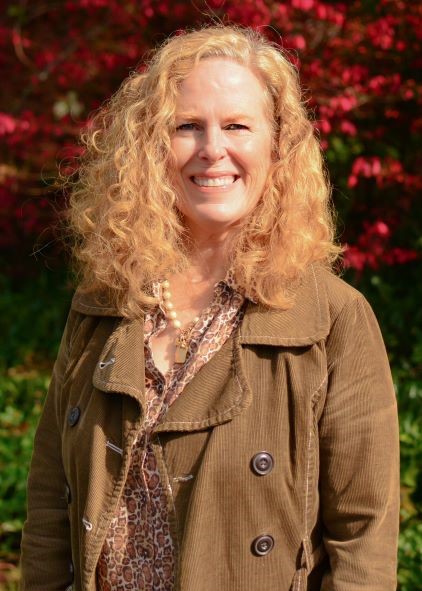Creating space in the day to stop, move away from the worried mind, and get back into the present moment has been shown to be enormously helpful in mitigating the negative effects of our stress response.
When we drop into the present, we’re more likely to gain perspective and see that we have the power to regulate our response to pressure.

Exercise
S.T.O.P. is a wonderful acronym that when practiced for mindfulness gives us permission to pause and reset ourselves particularly when feelings of anxiety take hold. You can weave into your day and step into that space between stimulus and response.
S = Stop
Stop what you’re doing; put things down for a minute.
T = Take
Take a few deep breaths. If you’d like to extend this, you can take a minute to breathe normally and naturally and follow your breath coming in and out of your nose. You can even say to yourself “in” as you’re breathing in and “out” as you’re breathing out if that helps with concentration.
O = Observe
Observe your experience just as it is—including thoughts, feelings, and emotions. You can reflect about what is on your mind and also notice that thoughts are not facts, and they are not permanent. Notice any emotions present and how they’re being expressed in the body. Research shows that just naming your emotions can turn the volume down on the fear circuit in the brain and have a calming effect. Then notice your body. Are you standing or sitting? How is your posture? Any aches or pains?
P = Proceed
Proceed with something that will support you in the moment: talk to a friend, rub your shoulders, have a cup of tea.
Treat this whole exercise as an experiment: Get curious about where there are opportunities in the day for you to just STOP—waking up in the morning, taking a shower, before eating a meal, at a stop light, before sitting down at work and checking email.
You can even use your smartphone’s message indicator as a reminder to STOP, cultivating more mindfulness with technology.
Adapted from: article appearing in the August 2013 issue of Mindful magazine.
Reflection
What would it be like in the days, weeks, and months ahead if I stopped action more often?
Is what I am engaging with fueling fear or peace?

Lisa Wellington is a Certified Mindfulness Teacher who writes about integrative practices that downshift stress, increase insight, and jumpstart joy.
She is best known for her work with law enforcement professionals as well as those challenged by housing instability and addiction. Trained in the Fine Arts at Washington State University, she specializes in group training that engages participants’ inherent creativity.
If she is not under a stack of books about psychology and spirituality, she can be found at a Puget Sound beach or nearby trail, always searching for the absurd, which is her superpower.
Author: Lynnwood Times Staff










